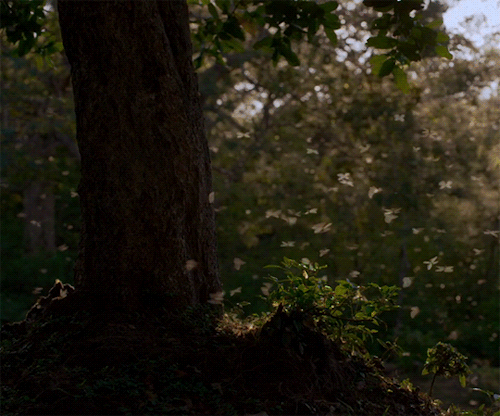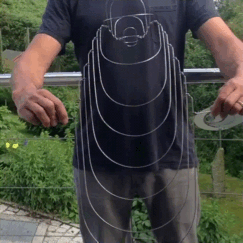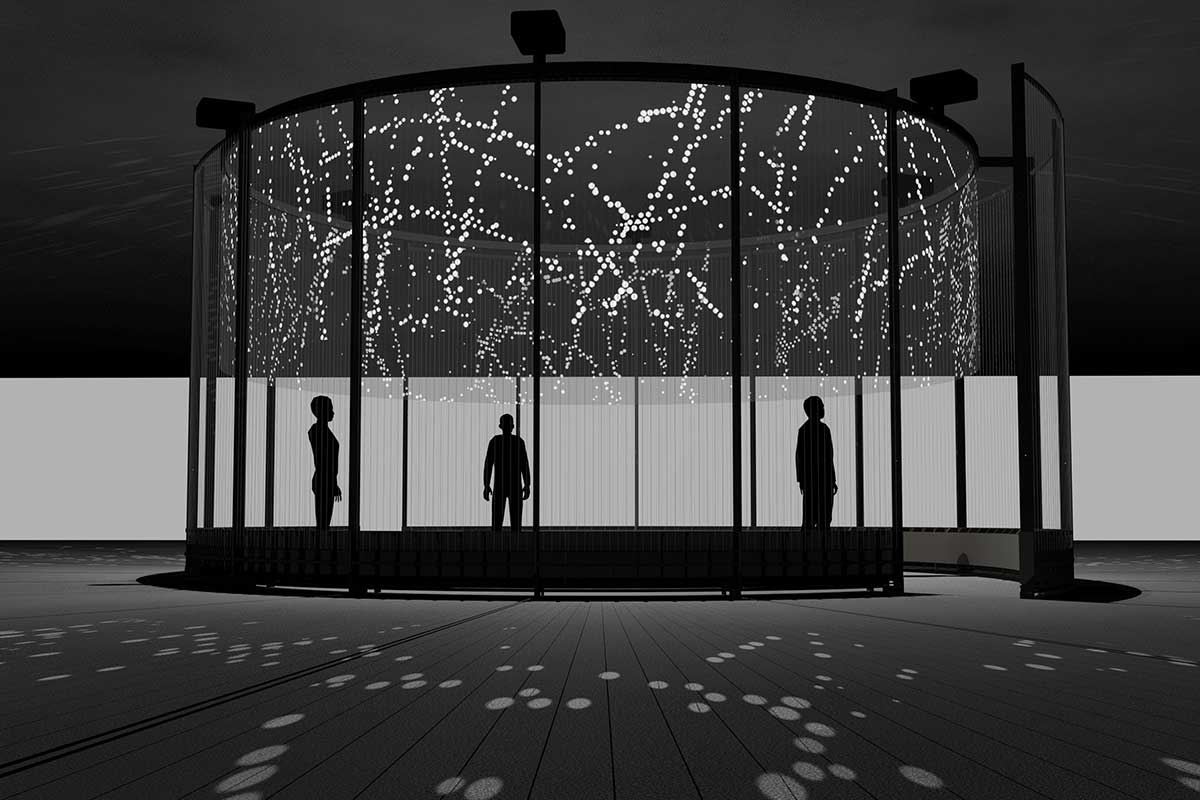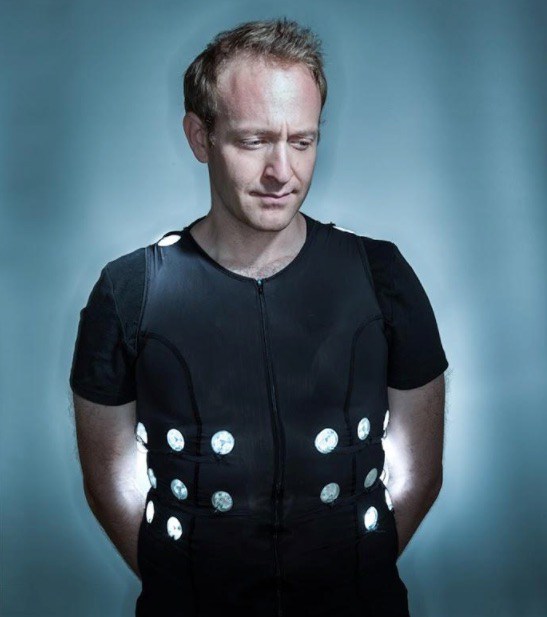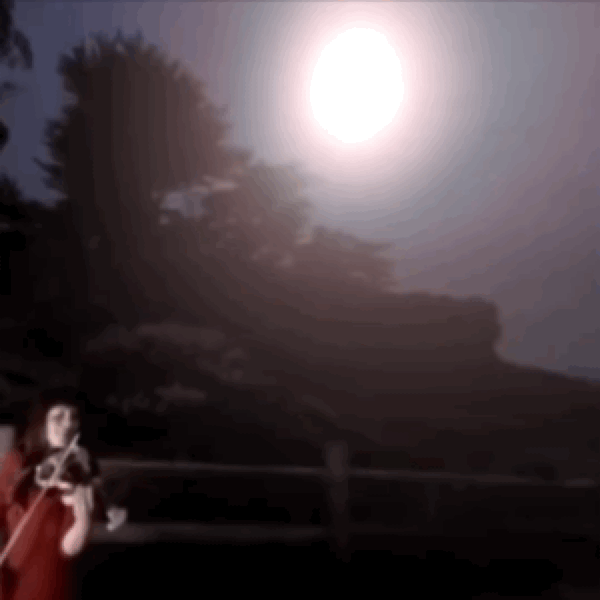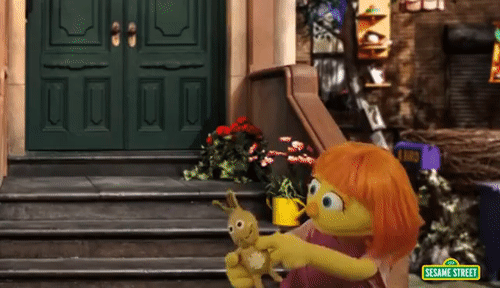“McKamey argues that the most important skill for a teacher is his or her ability to build trust with a student, which develops when students can sense that the educator is willing to hear their ideas, thoughts, and musings despite their challenges with grammar, low grades, or test scores in previous classes. This doesn’t mean that teachers need to cushion their feedback with fake praise, but it does mean, she thinks, that schools should help teachers develop skills to recognize […]
Spoken word poet Saul Williams gathers to the ancient, formal ASMR research studies begin, and Koko the signing gorilla dies at 46
“According to Williams, however, the recent attention given to spoken word as a distinct genre within the arts is more a return to something that has deep and rich roots in our society: “The resurgence of poetry is cyclical and perpetual. It’s always engaged a new generation of youth who have brought it back to the forefront of culture and put new terms on it, whether it’s beat poetry, bebop poetry, slam poetry – there’s always been these resurgences. But it’s ancient.”
Music can lift layers of confusion, dancers’ brains react more quickly to it than professional musicians, and empaths process it differently
“Turns out that ASMR is pretty special. According to a recently published study in The Journal of Prevention of Alzheimer’s Disease (catchy name!), the part of your brain responsible for ASMR doesn’t get lost to Alzheimer’s. Alzheimer’s tends to put people into layers of confusion, and the study confirms that music can sometimes actually lift people out of the Alzheimer’s haze and bring them back to (at least a semblance of) normality… if only for a short while. ASMR is powerful stuff!”
Artist duo Semiconductor makes the invisible visible, Justyna Kopania stops time in her textured paintings, and photographer Dylan Hausthor tells a story questioning manic visual memory
“You have expressed an interest in capturing ‘the quick passage of time.’ How do you evoke this concept in your paintings?
Time…Man is looking at time constantly. He looks at the clock, he lives from hour to hour. It scares me. That’s why I try to capture time in my paintings. Stop time, a snippet of a second. I’m painting fast, I’m racing against time. A surreal challenge.
The concept of time irritates me. Man was born and has only a certain amount of time. That is life, unfortunately. This is reality. I have a big imagination. Sometimes I think it’s too big. I sometimes stop the time in my imagination. And I feel totally free, like I was the ocean. And this feeling I paint on the canvas.”
An undiagnosed love story, autistic vision focuses on the details, and an auditory dimension augmented reality experience
“…The turning point came with a startling realisation: we don’t argue. Ever. Early on in our marriage I was terrified of any sign of anger on his part. Even mild irritation left me quaking. I would shut down and not respond. In the end, we found a way to be and we haven’t had a cross word for more than a decade.
Years ago, Tim would snap over something small and I would retreat upstairs and not come down until I knew he had either gone out or had calmed down. I simply didn’t engage. Now he no longer even considers getting cross; he knows nothing will come of it. Problems are discussed calmly and solutions negotiated. Anything else seems bizarre to me. Why would anyone want to scream and shout at the person they love?”
Neuroscientist creates a sensory vest, Prometheus rises again in Westworld S2, and the precision factor in poetry and math
“Stanford neuroscientist David Eagleman invented the Versatile Extra-Sensory Transducer (VEST), a wearable tactile display that translates myriad kinds of information, from speech to sounds to digital data, into patterns of vibrations on the skin. The device was inspired by Eagleman’s study of synesthesia, the fascinating neurological phenomenon whereby stimulation of one sense involuntarily triggers another sensory pathway.”
A.I. hears music in your head, businesses use music to affect tasting experience, and the brain processes sight and sound the same
“Music menus: Restaurants that are putting more emphasis on their soundtracks—aiming to create the right mood rather than just muffling the conversations of diners and other background noise—include renowned Los Angeles restaurant Vespertine, where a series of seven tracks is heard before, during and after the multicourse meal.
“Music, for sure, is arguably the most important part of my creative process,” says chef Jordan Kahn.
Music is hard to miss at Vespertine, where the $250 tasting menu is currently 19 courses. Kahn says he aims “to use sound to enhance and augment the dining experience, not to distract the guest.””
Experiments may prove the Source Field of intelligent consciousness, Julia shares her ASD personality on Sesame Street, and the tranquility of sensory deprivation floating
“Within the field of quantum mechanics, physicists, too, have opened their eyes to the possibilities of a conscious, vibratory field that permeates the Universe. In his best-selling book, The Source Field Investigations, author David Wilcock proposes the question, “could all space, time, energy, matter, biological life, and consciousness in the Universe be the product of a source field?” He references a number of curious experiments conducted by scientists over the last century which add credence to his theory, and by the end of the book it is difficult to refute the existence of what he names the ‘Source Field’.”

